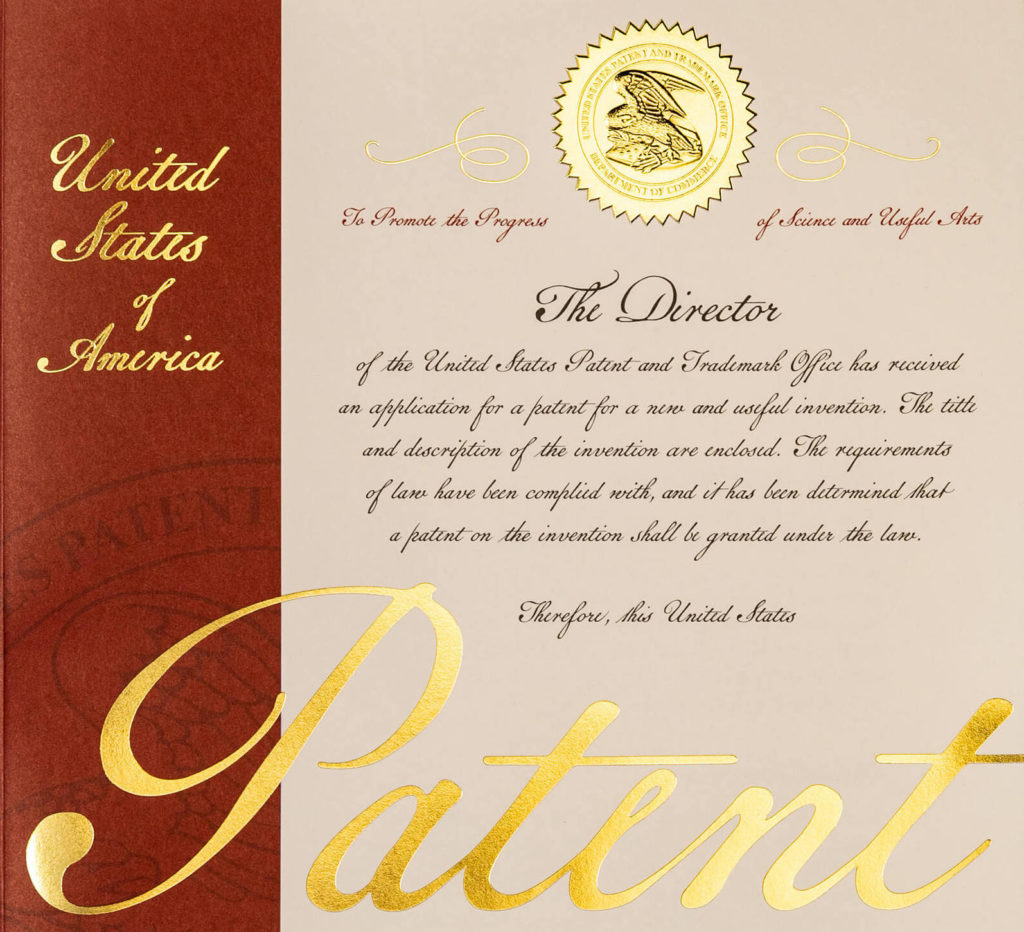Are Internet domain names capable of being trademarked?

Booking.com maintains a travel reservation website under the same name. Beginning in 2012, the company filed four applications to register the mark “Booking.com” in standard character as well as in stylized forms. The United States Patent and Trademark Office (USPTO) examining attorney assigned to the travel reservation company’s applications concluded that the term “Booking.com” is generic for the services at issue and is therefore unregistrable. In particular, the USPTO Trademark Trial and Appeal Board (TTAB) noted that “booking” means “making travel reservations” and “.com” signifies a commercial website. In this manner, “Booking.com” is understood by consumers as referring to “an online reservation service for travel, tours, and lodgings,” which are the precise services offered by the applicant. The TTAB further observed that even if “Booking.com” is descriptive, instead of generic, it lacks secondary meaning and therefore, remains unregistrable.
Following the USPTO’s denial of registration, Booking.com sought review in the United States District Court for the Eastern District of Virginia. In so doing, Booking.com presented new evidence of the relevant consumer perception of its mark. As a result, the District Court held that, unlike just “booking,” “Booking.com” is not generic but instead, descriptive. Further, the District Court concluded that “Booking.com” had acquired secondary meaning as to online hotel reservation services. The USPTO appealed the District Court’s conclusion but the Court of Appeals for the Fourth Circuit affirmed the decision and rejected the USPTO’s assertion that the combination of a generic term with “.com” is necessarily generic.
Trademarks distinguish one producer’s goods or services from those of another and thereby allow consumers to distinguish among competing producers. To be registrable on the principal register, a mark must be capable of serving this distinguishing function. Trademarks fall within five categories: fanciful, arbitrary, suggestive, descriptive, or generic. Fanciful, arbitrary, and suggestive marks are capable of registration because they are considered “inherently distinctive.”
On the other hand, descriptive marks describe an ingredient, quality, characteristic, function, feature, purpose or use of the specified goods and/or services offered under the mark. Descriptive marks are not eligible for registration on the principal register absent a showing of secondary meaning. Secondary meaning means that a descriptive mark has achieved significance in the minds of the public as identifying the particular applicant’s goods or services.
A generic mark is the name of the product or service itself and by its nature, is incapable of distinguishing one producer’s goods or services from those of others. As such, ordinarily, generic marks are not eligible for protection as trademarks nor for federal trademark registration. Overall, however, eligibility for trademark registration turns on the mark’s ability to distinguish goods and services in commerce. Moreover, for compound terms, the inquiry is based on the term’s meaning as a whole and not its parts in isolation. The ultimate inquiry is the consumer’s perception of the mark, that is, the primary significance of the mark to the relevant public.
In insisting that Booking.com’s proposed mark was generic, the USPTO’s position was that “Booking.com” or any generic.com mark is ineligible for registration regardless of consumers’ perception thereof. The USPTO cited the oft-repeated principle that regardless of the amount of resources devoted to promoting merchandise under a generic term, competitors cannot be deprived of the right to call an article by its name. For instance, the USPTO compared the present situation to that in which “company” may be added as a suffix to an otherwise generic term. In such instance, a generic designation of an association, partnership, or other entity does not confer trademark eligibility.
The Supreme Court rejected the USPTO’s comprehensive rule, finding that it not only contravenes the USPTO’s past practice, it also disregards consumer perception. The Court determined that a term styled “generic.com” is generic for a particular class of goods or services only if the term has that meaning to consumers. Differently, in this case, consumers do not perceive the term “Booking.com” to indicate only online hotel reservation services but instead, recognize that this domain is associated with a specific entity.
Read More








